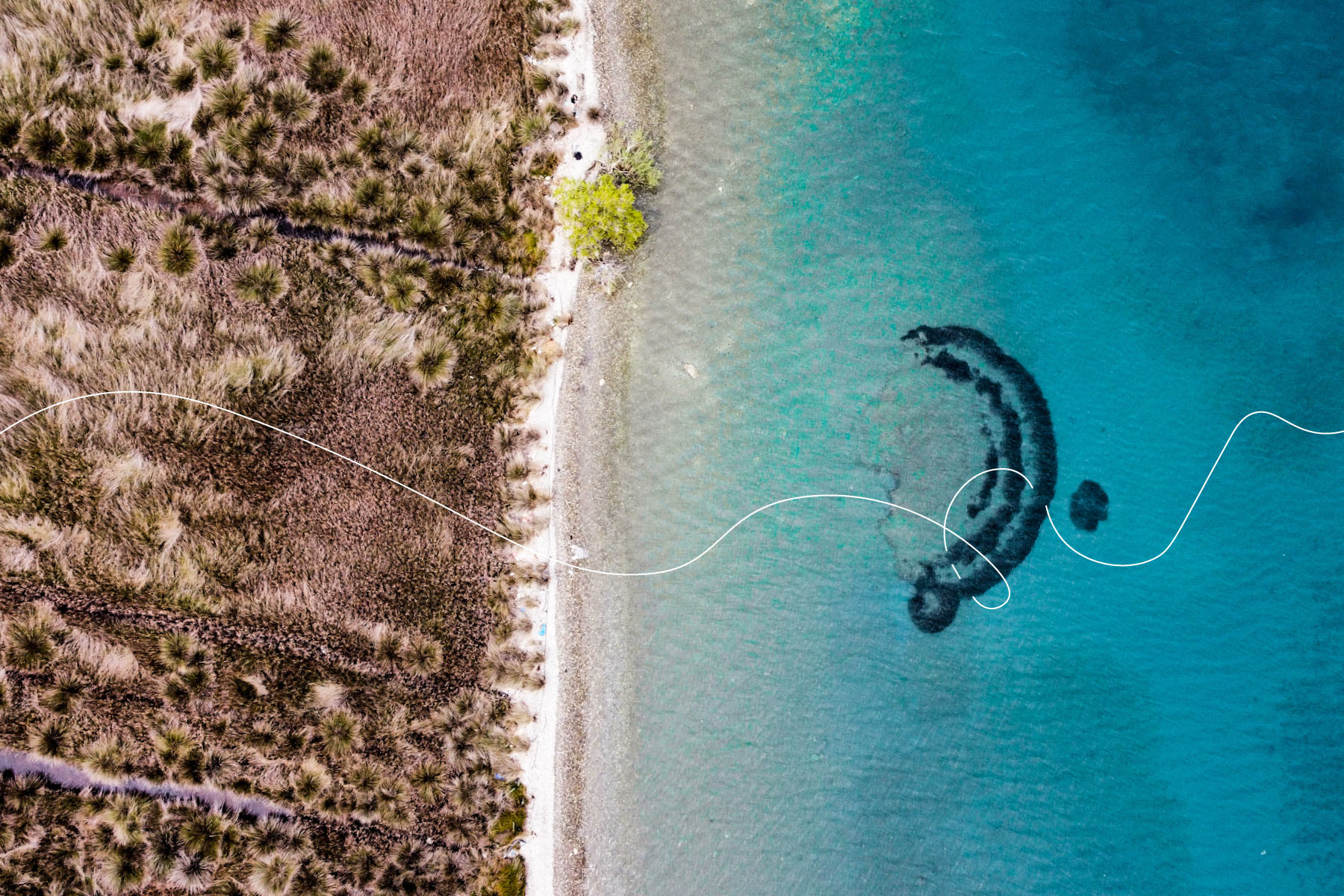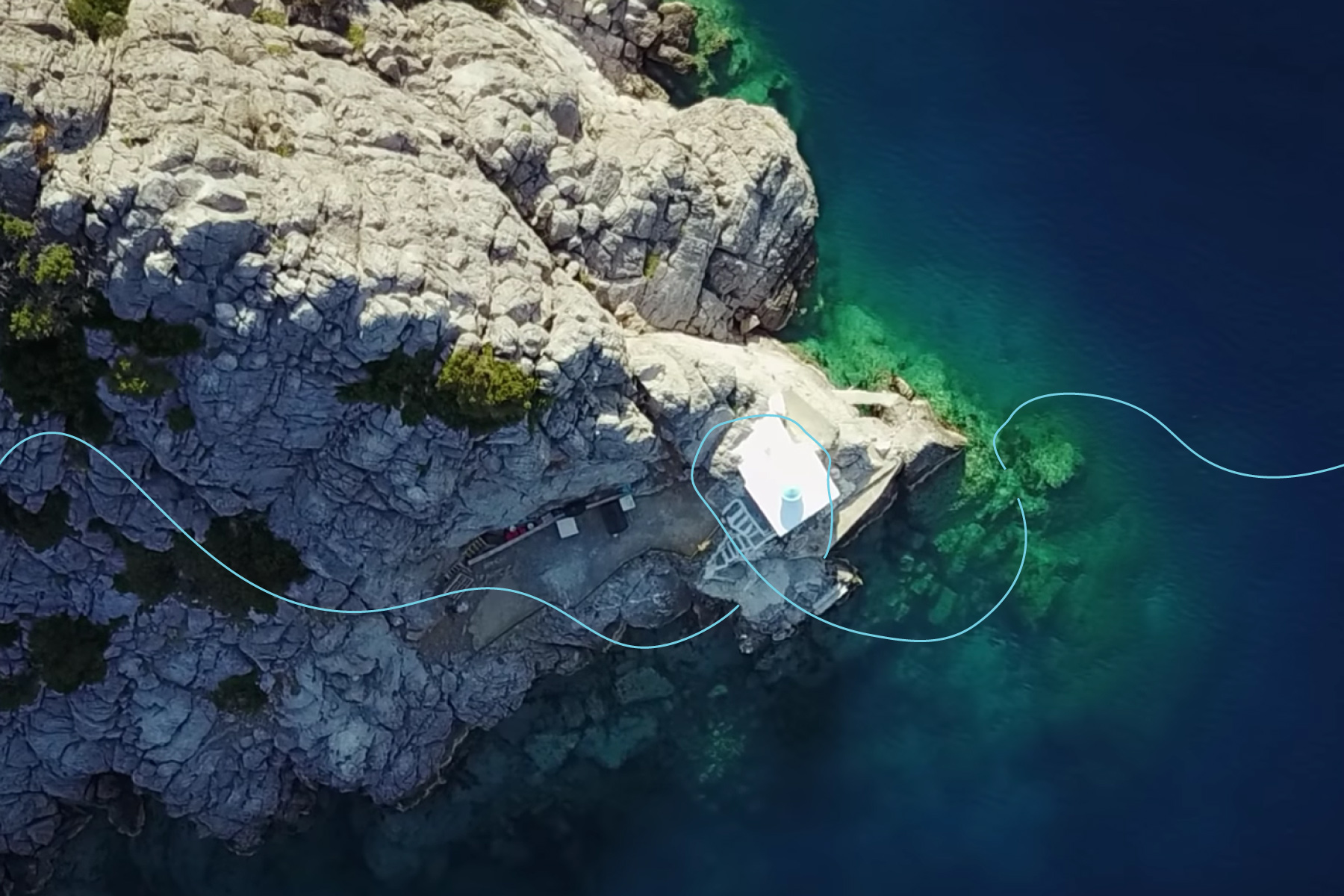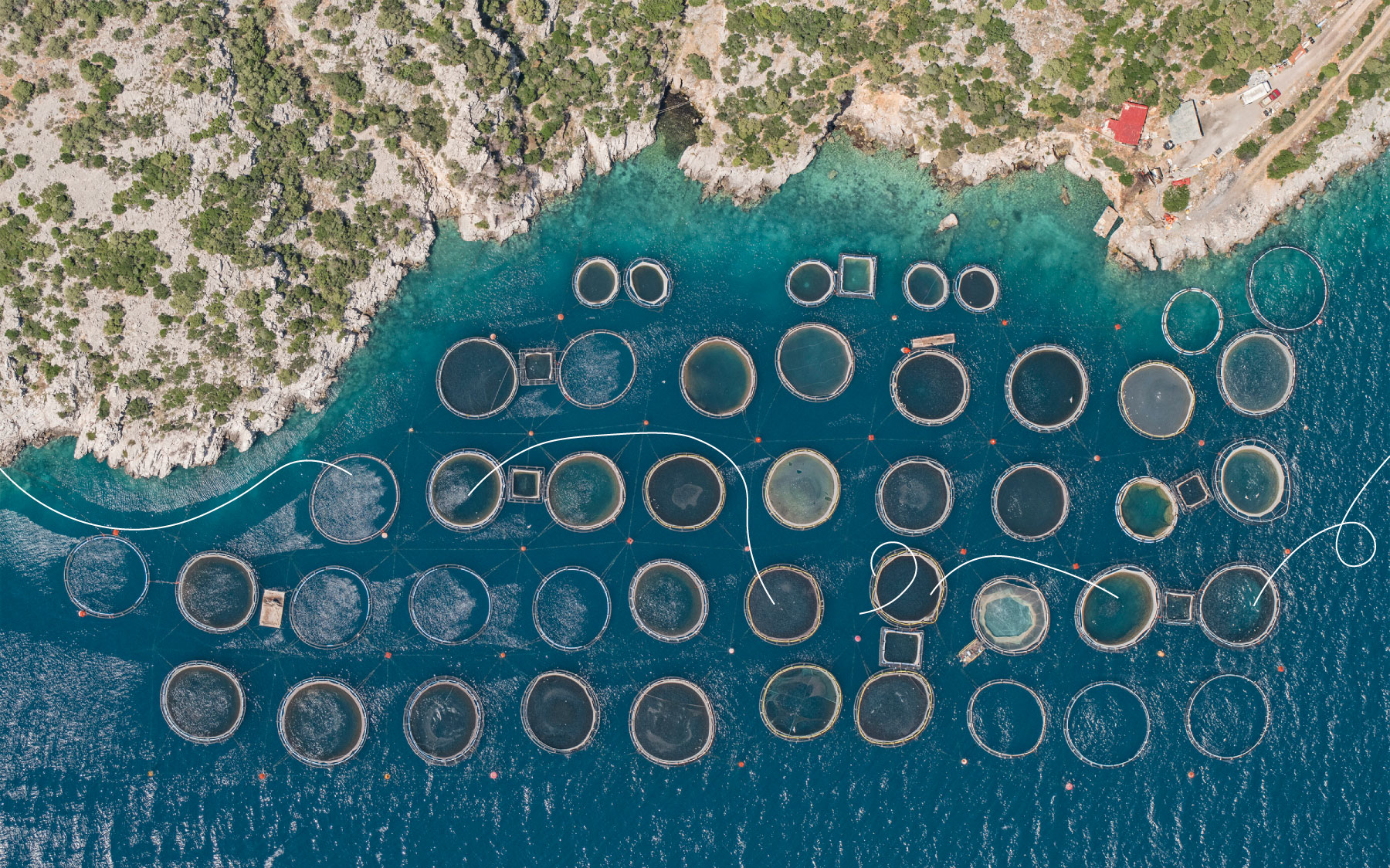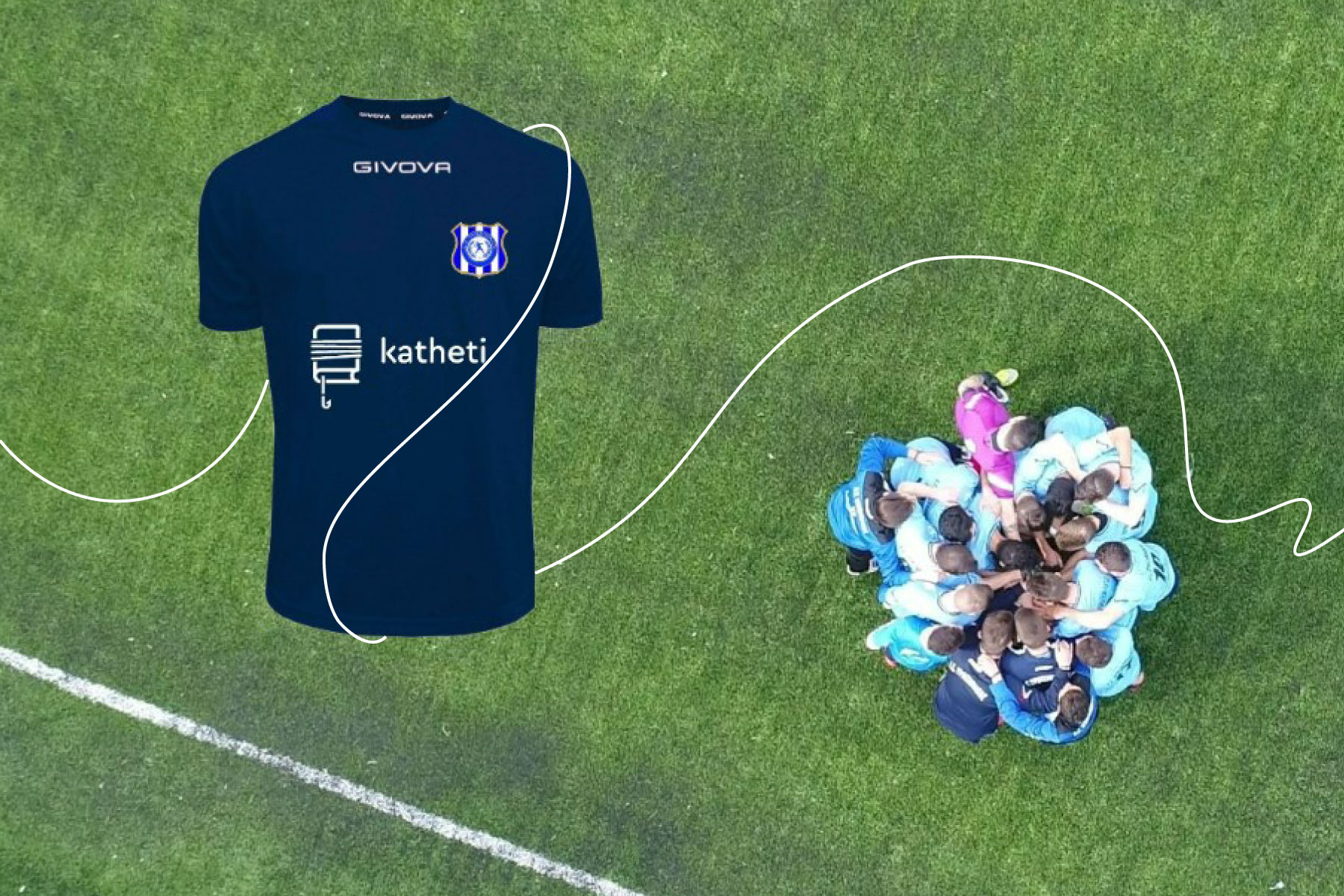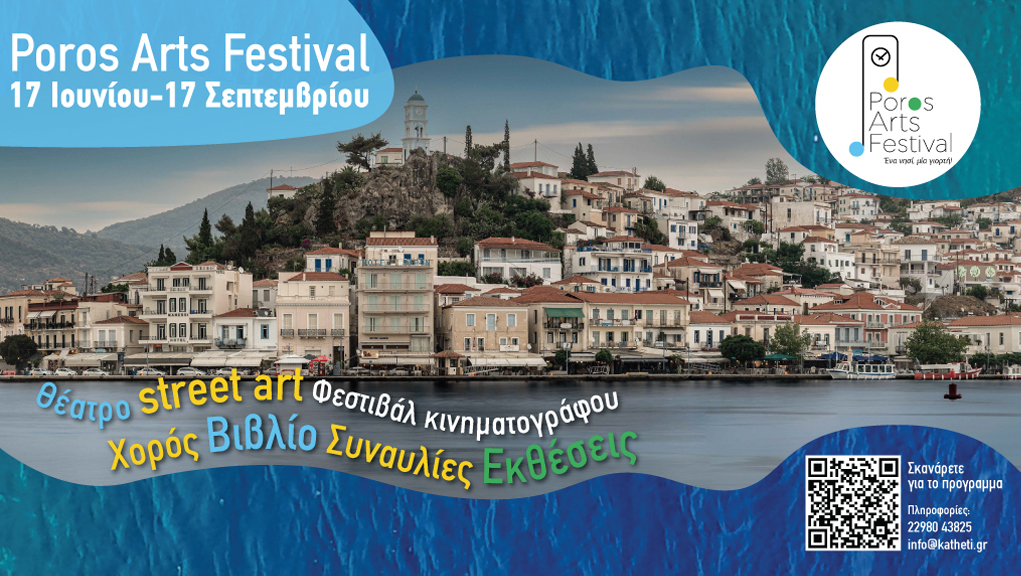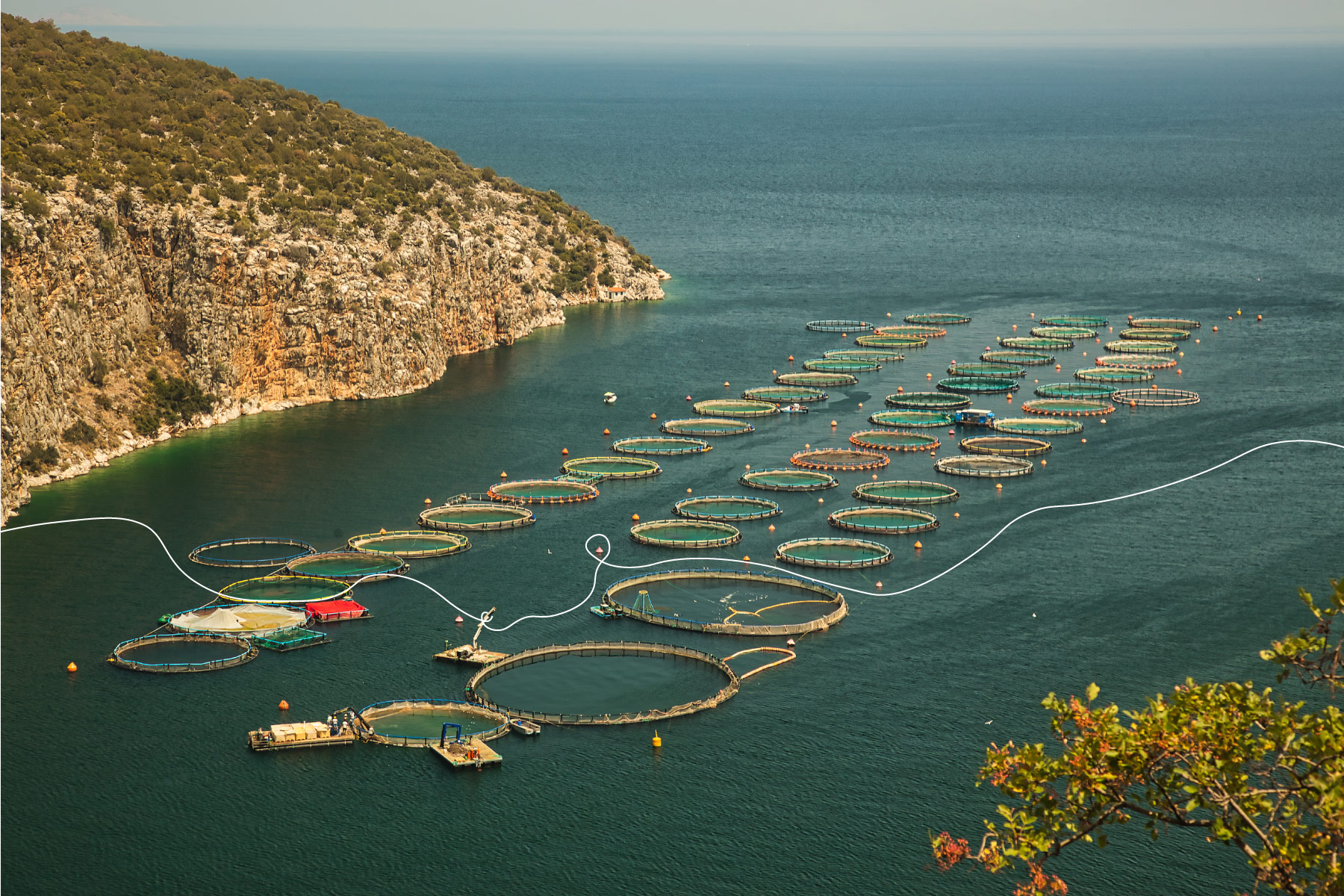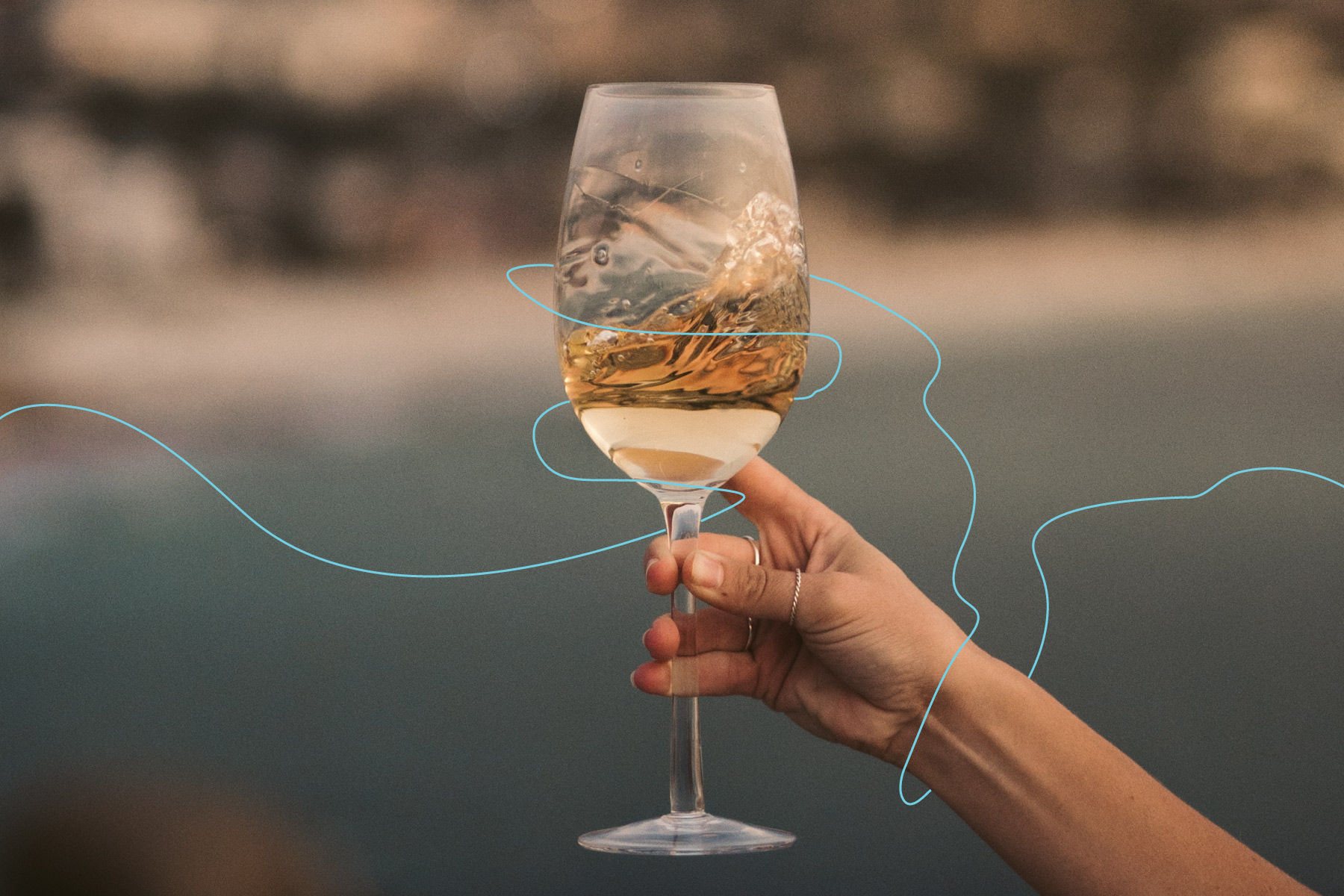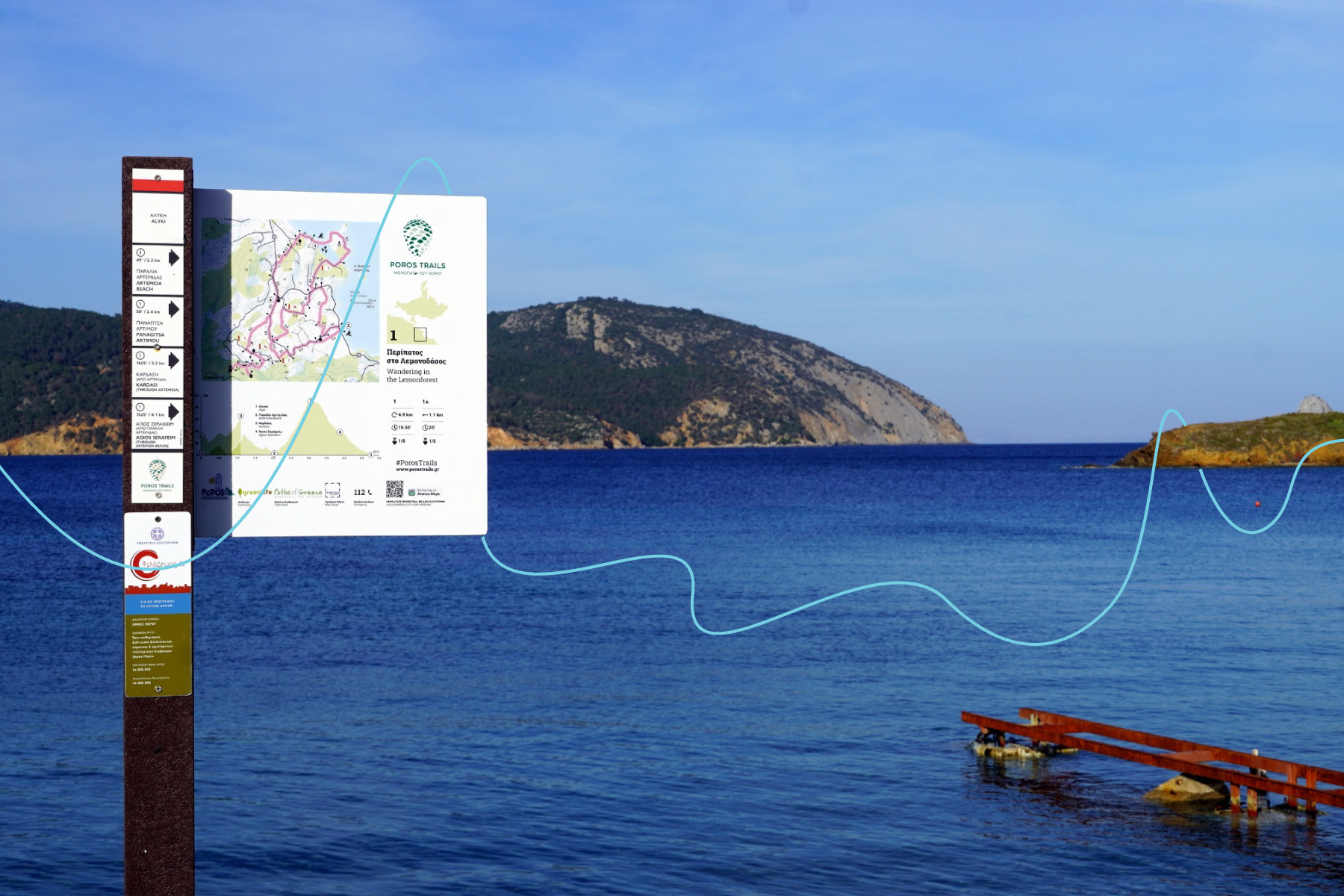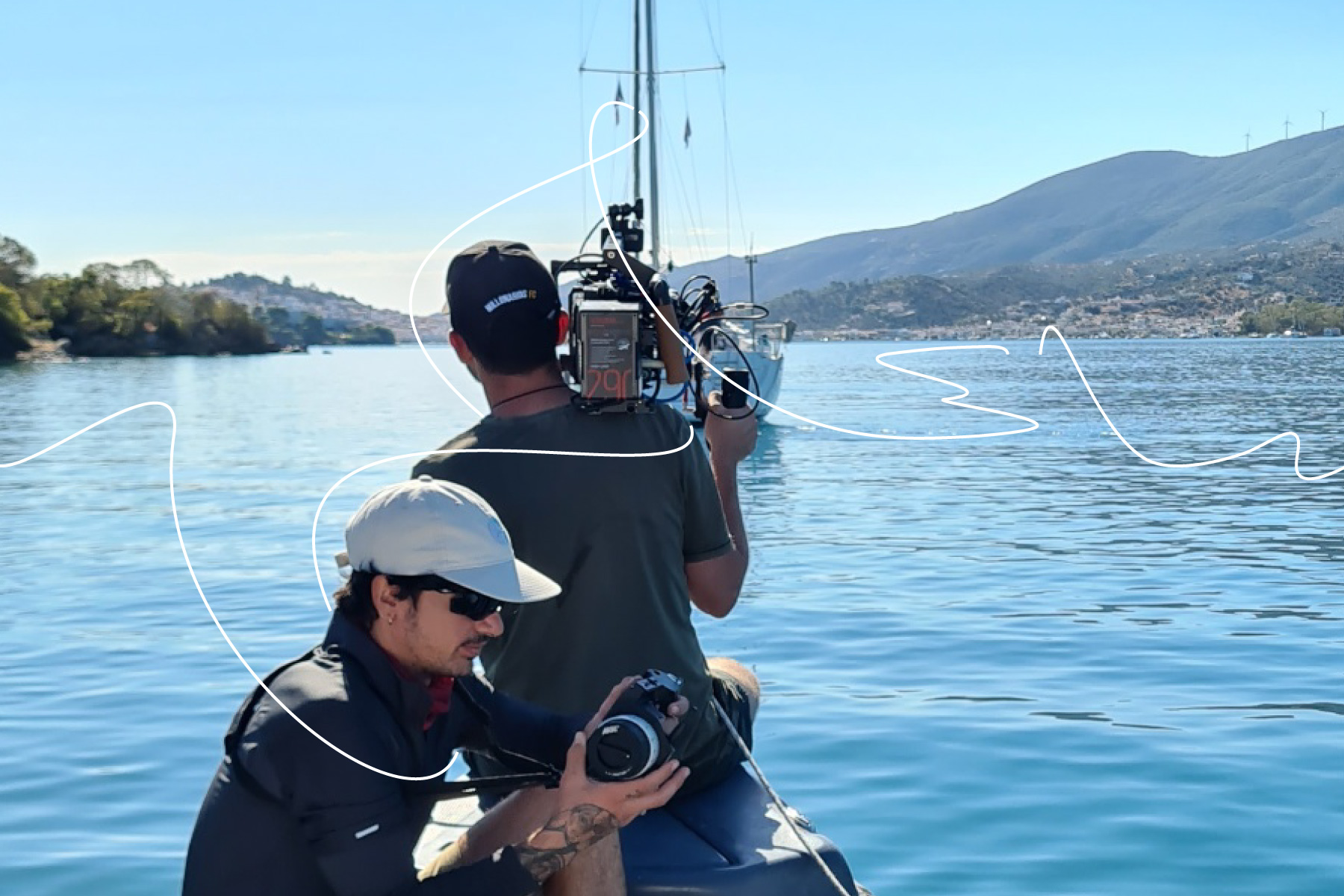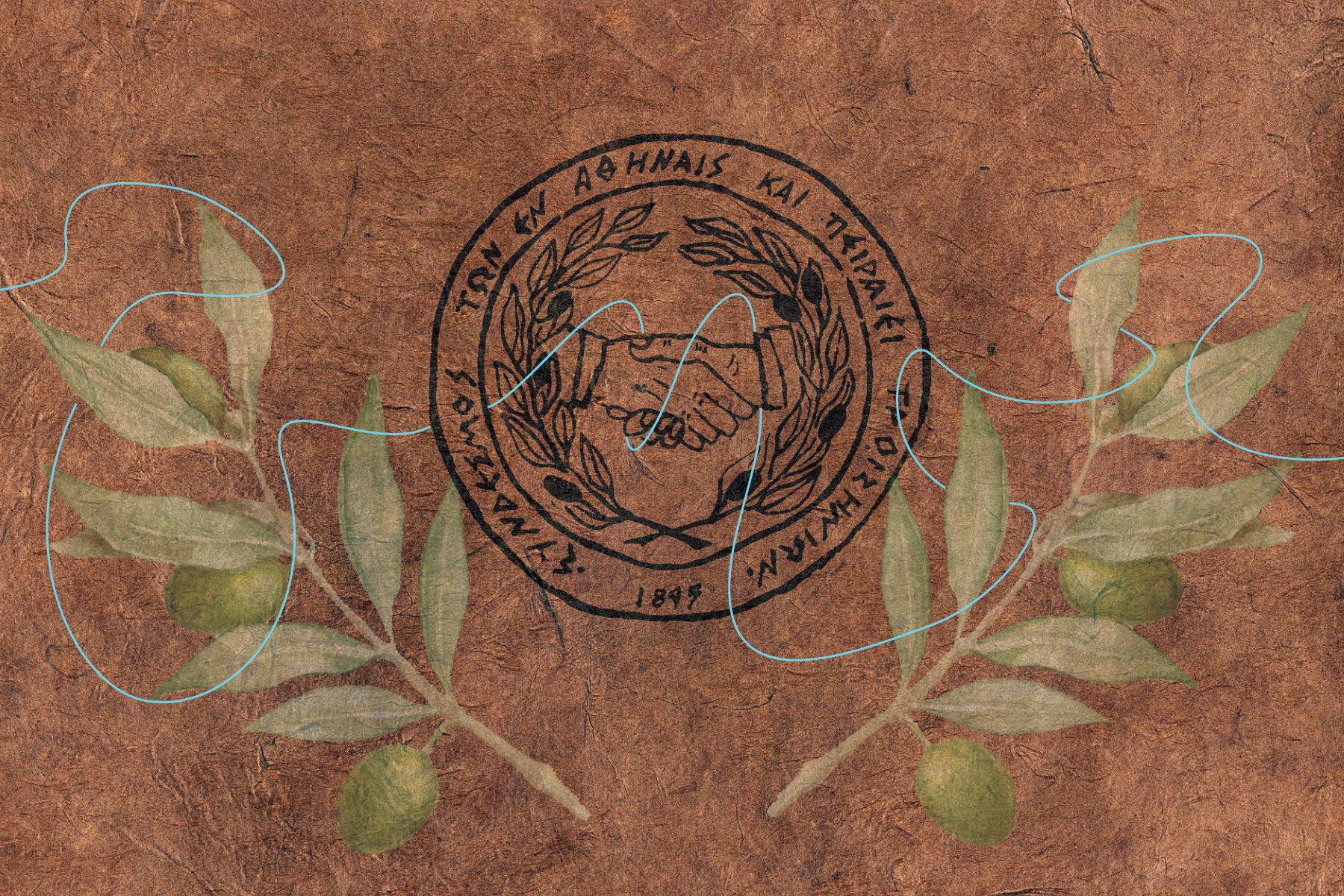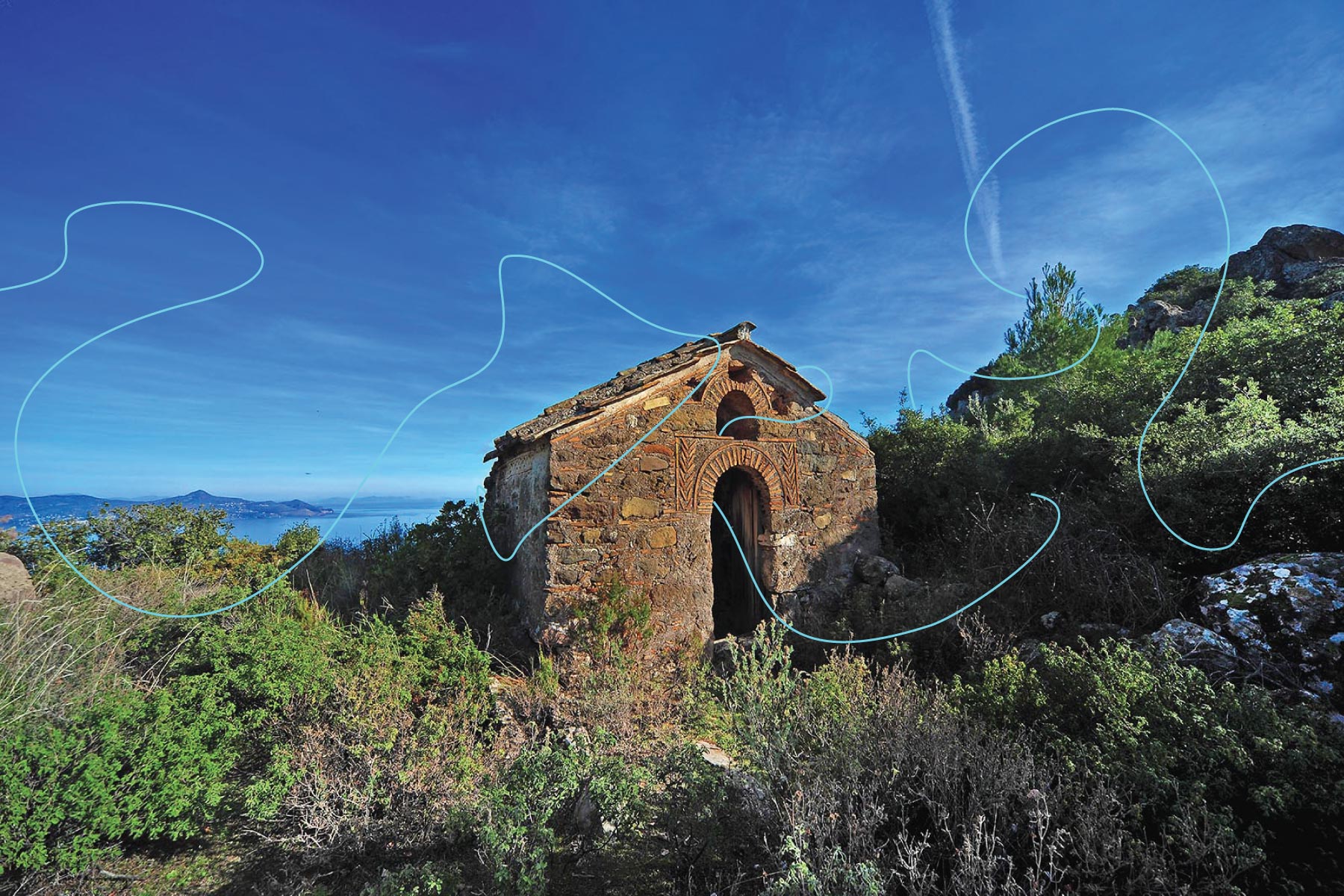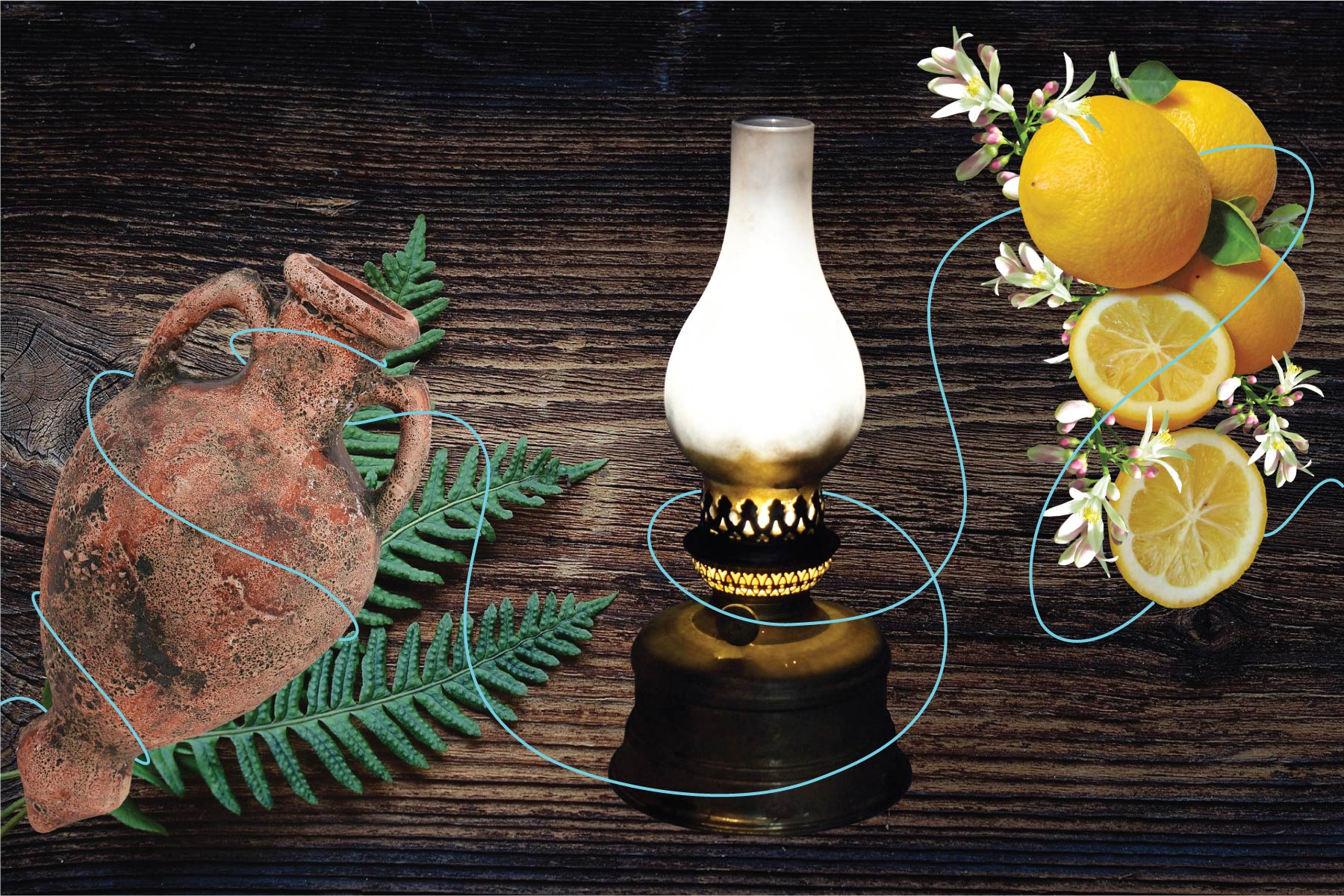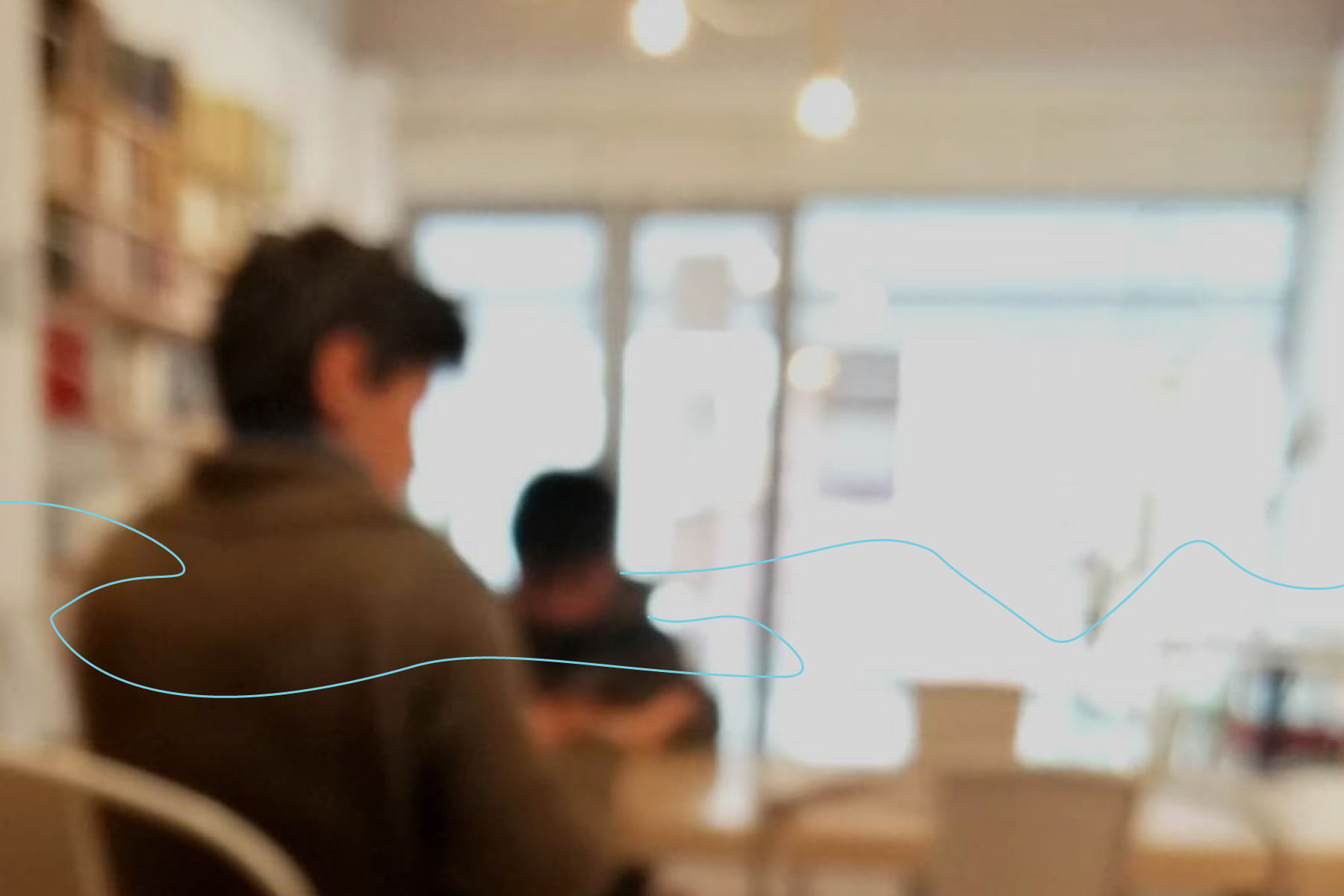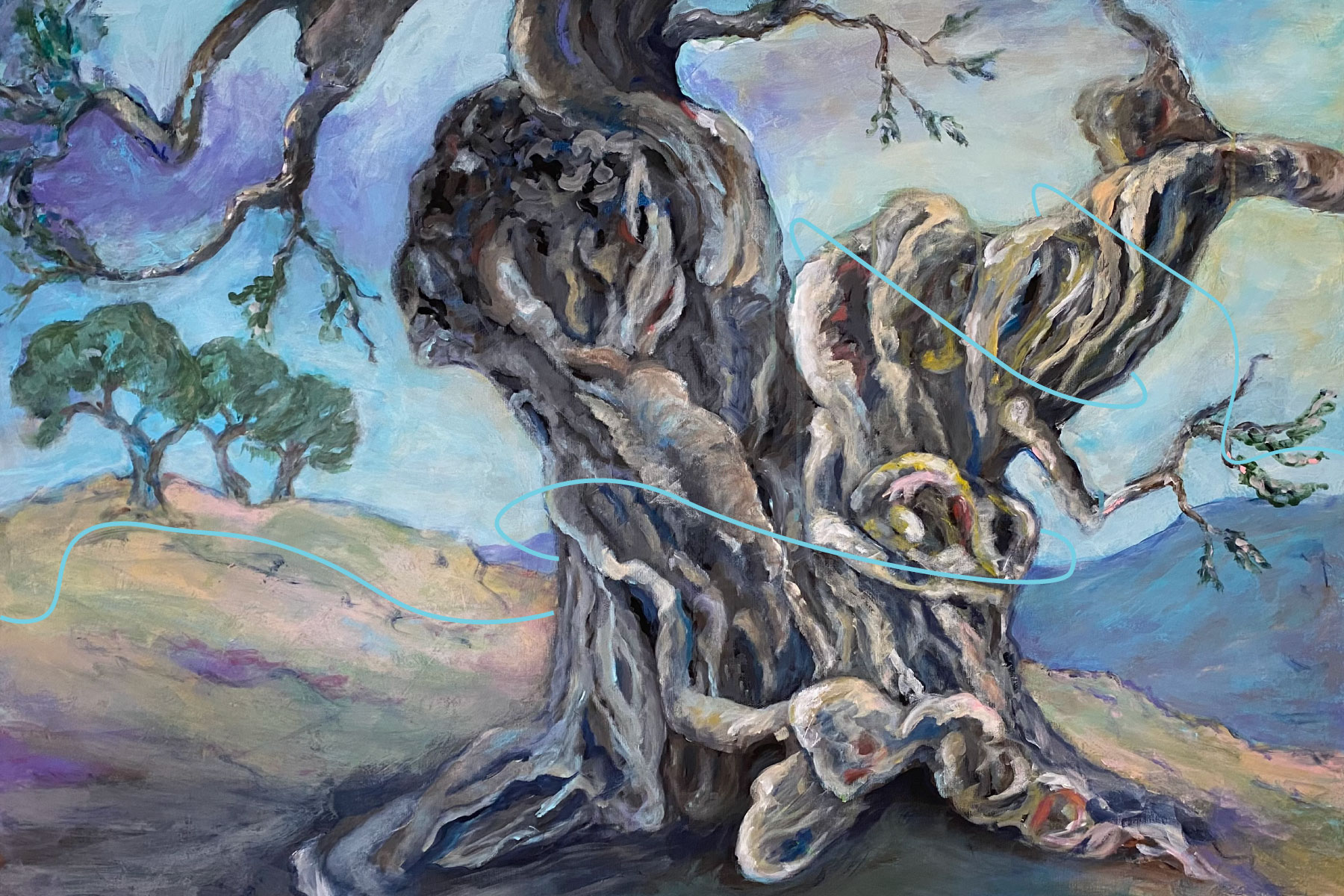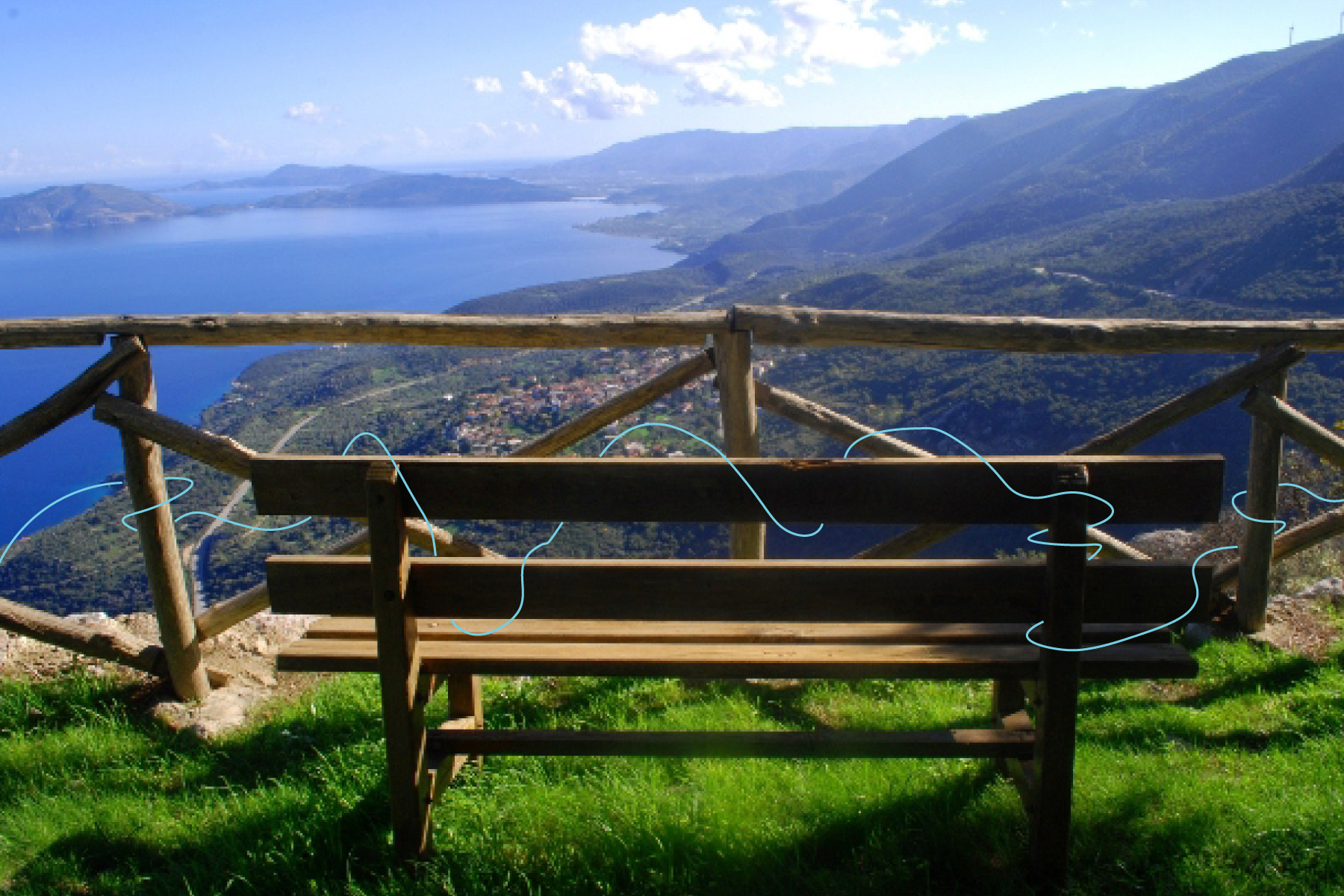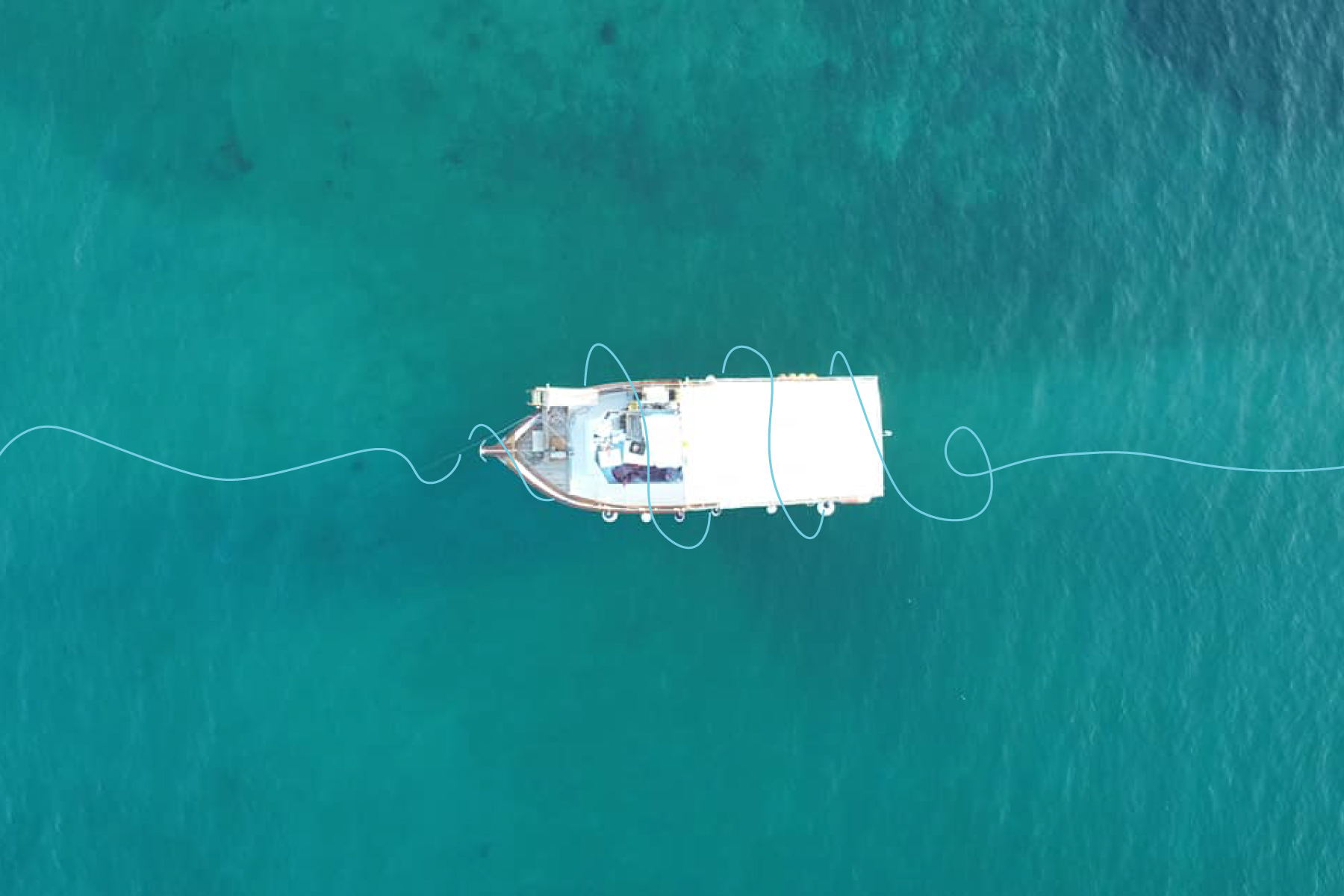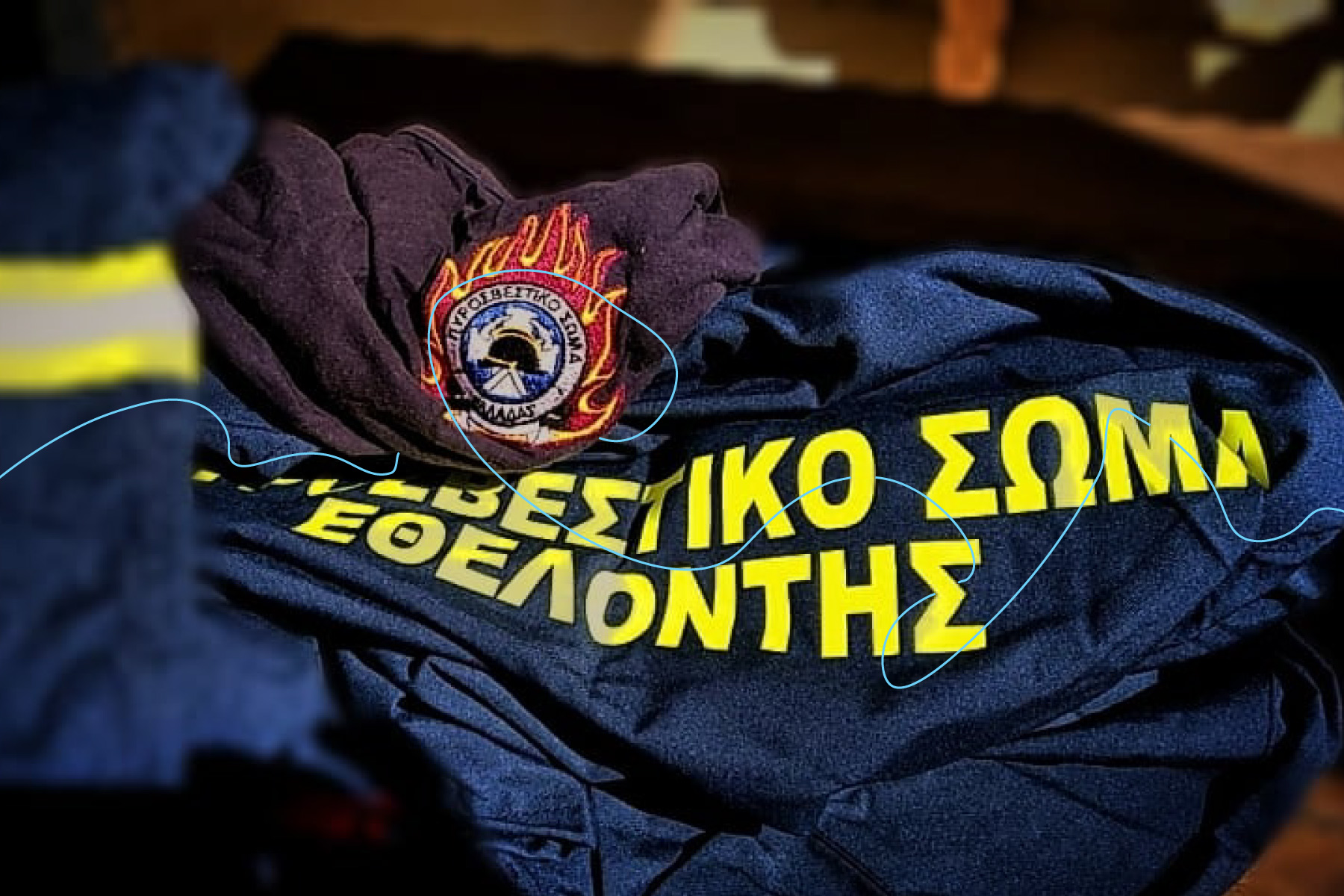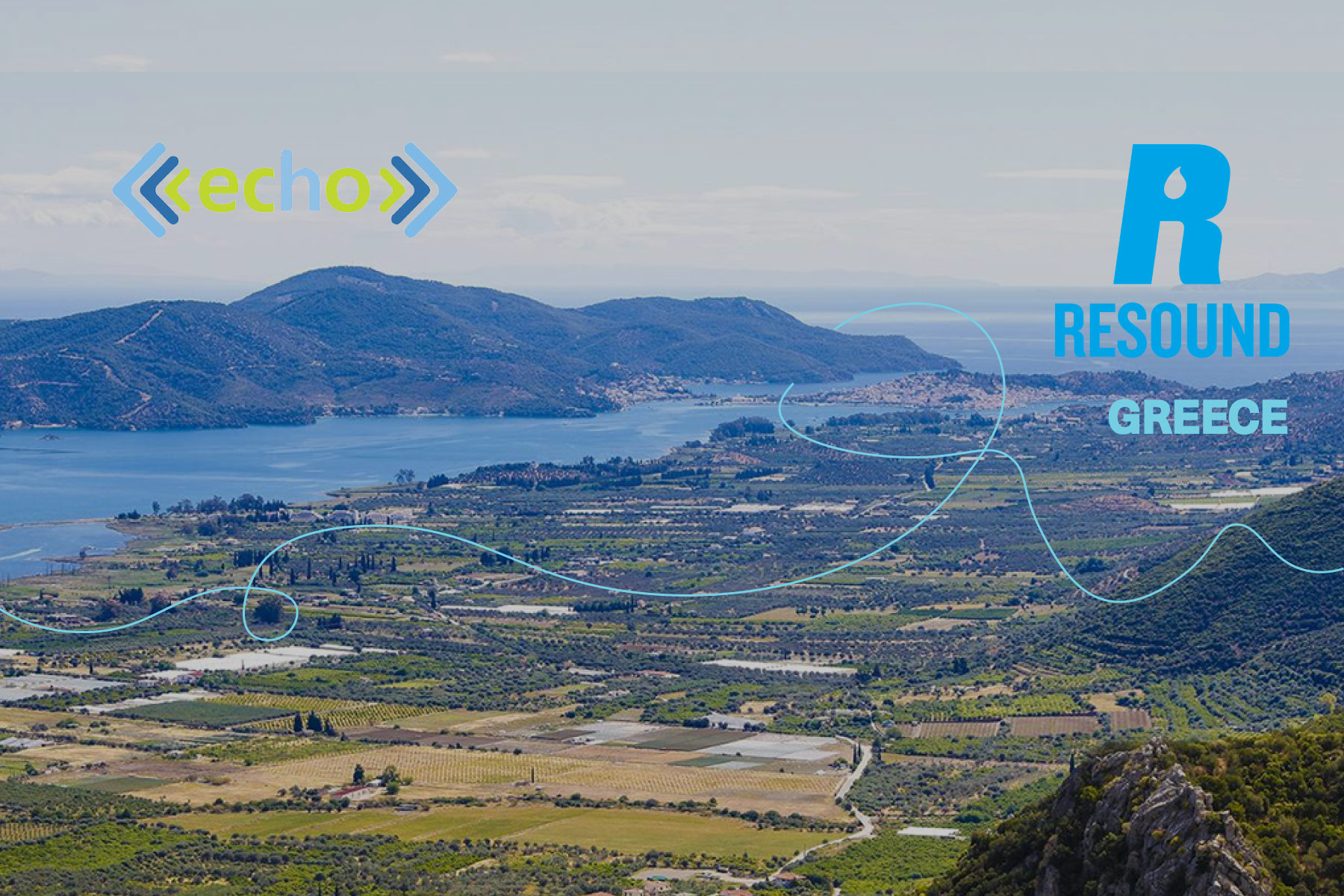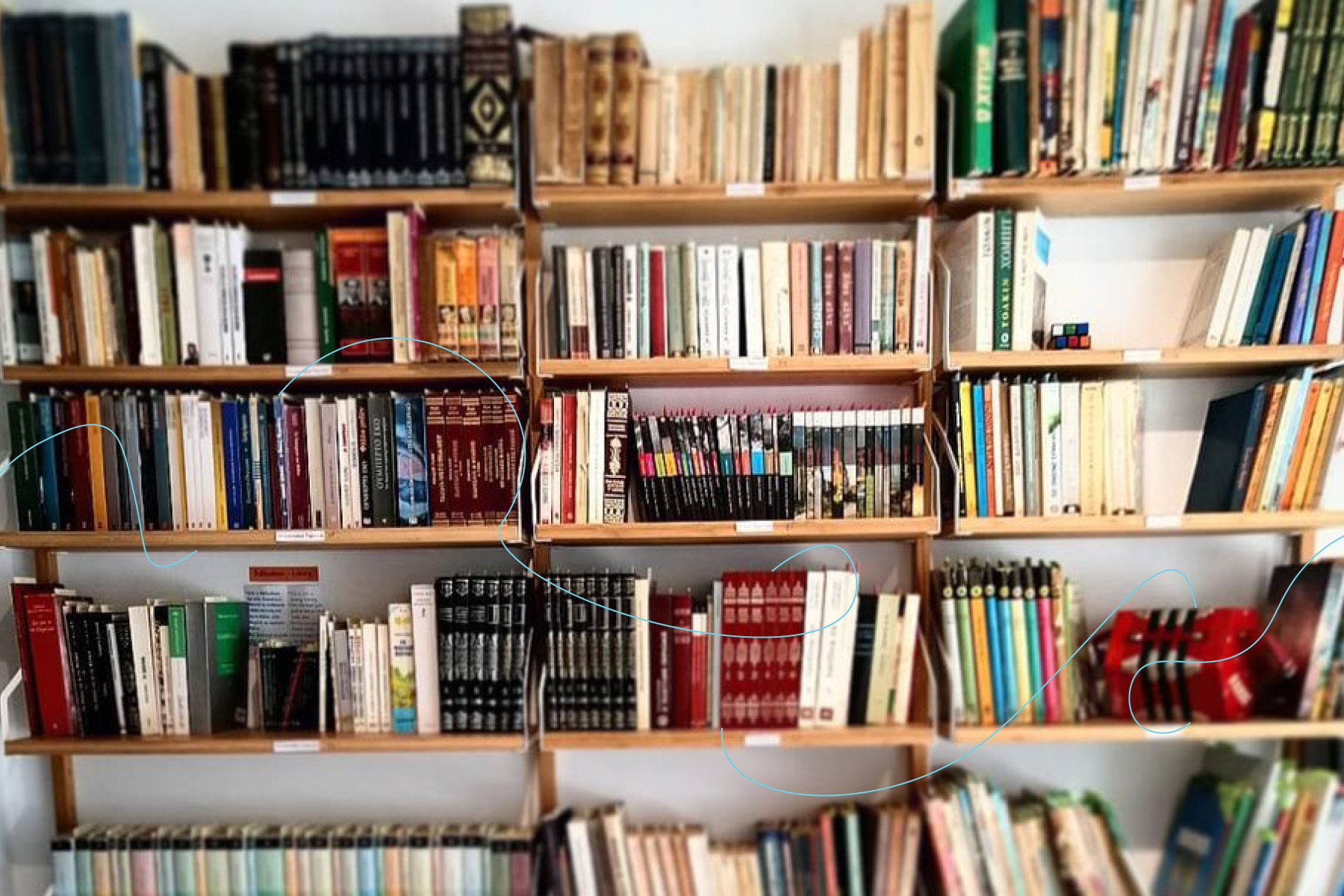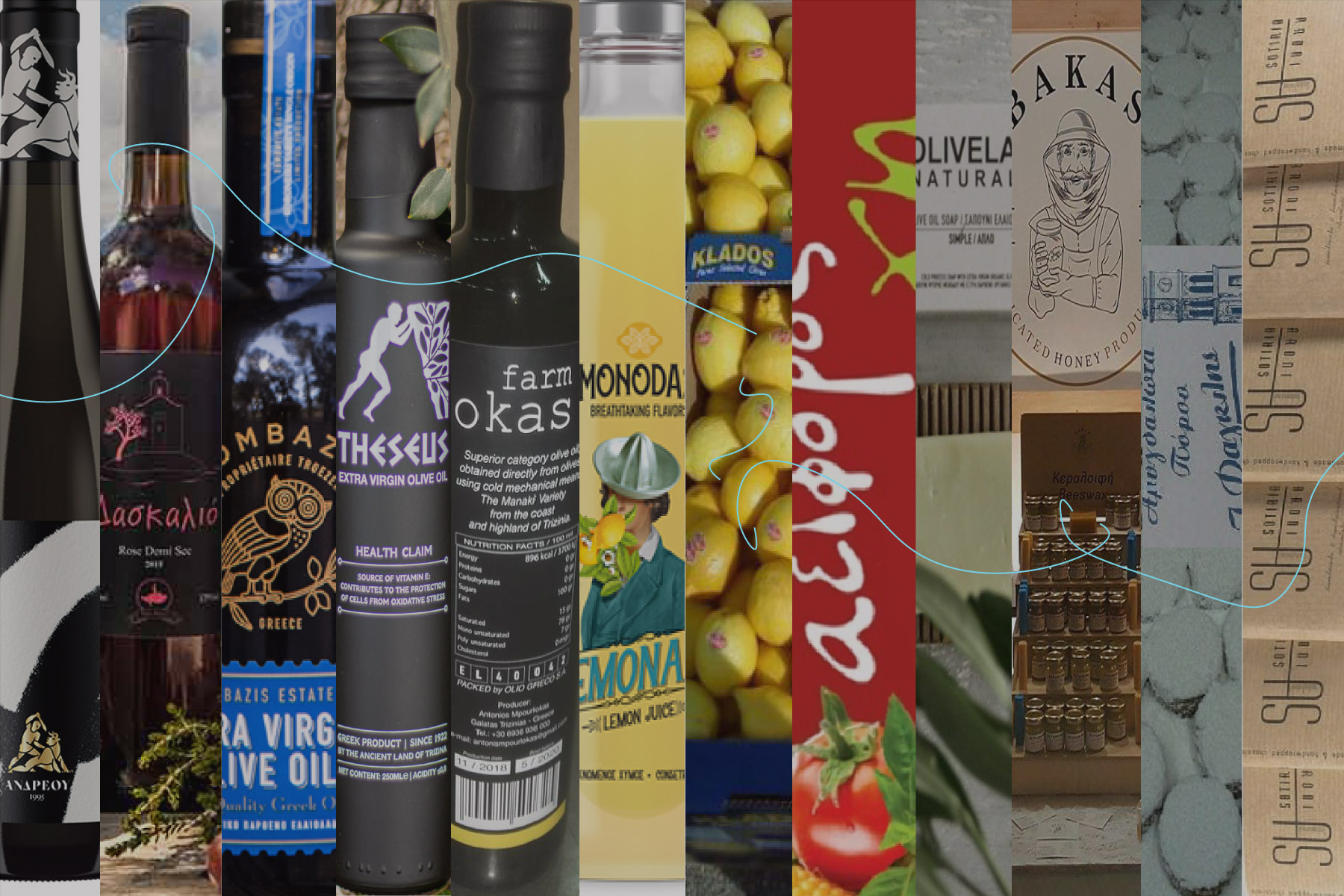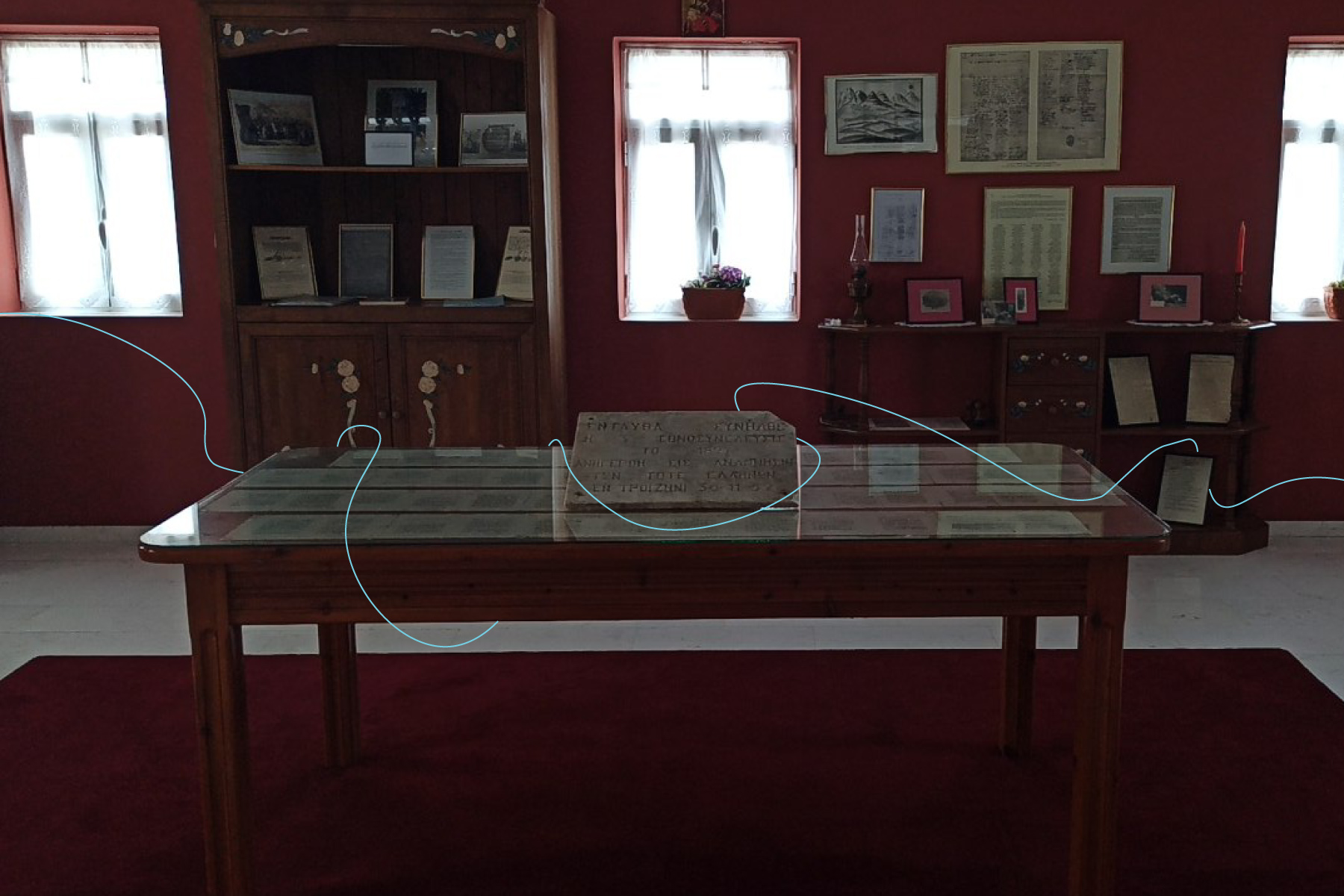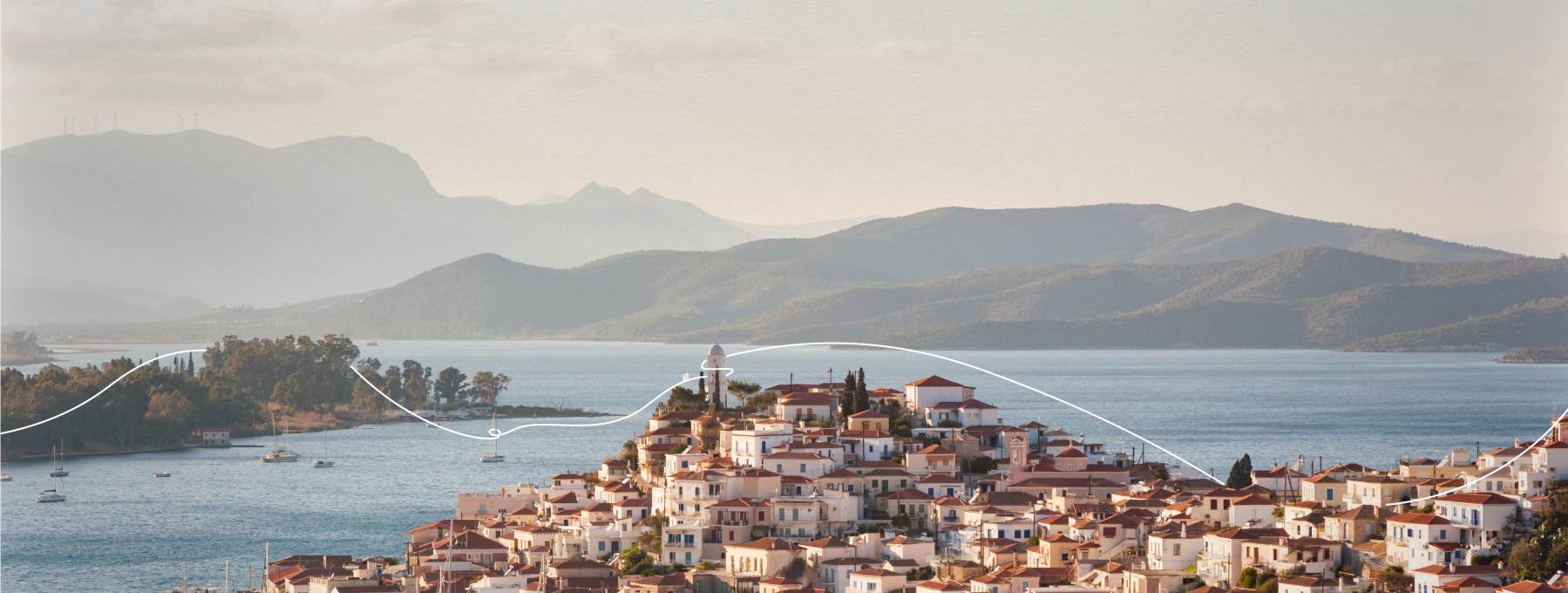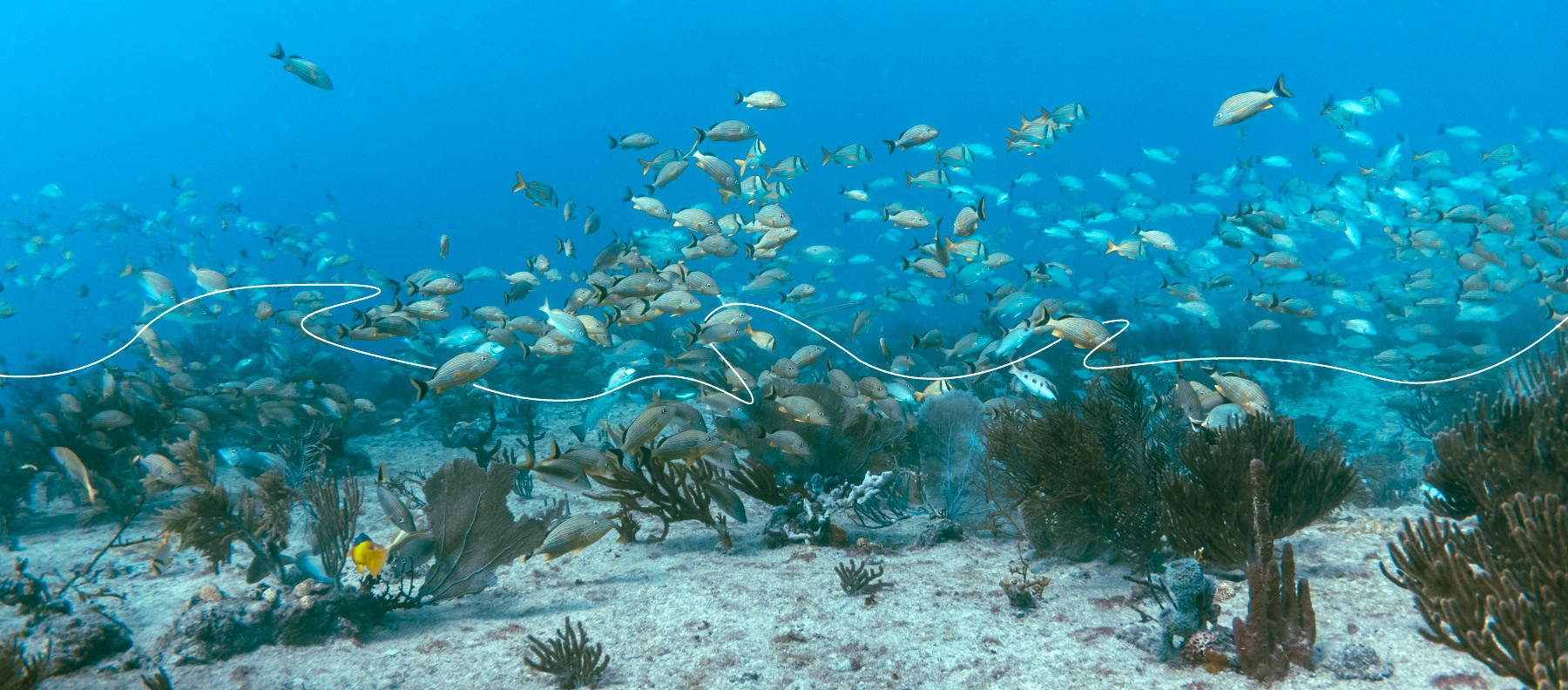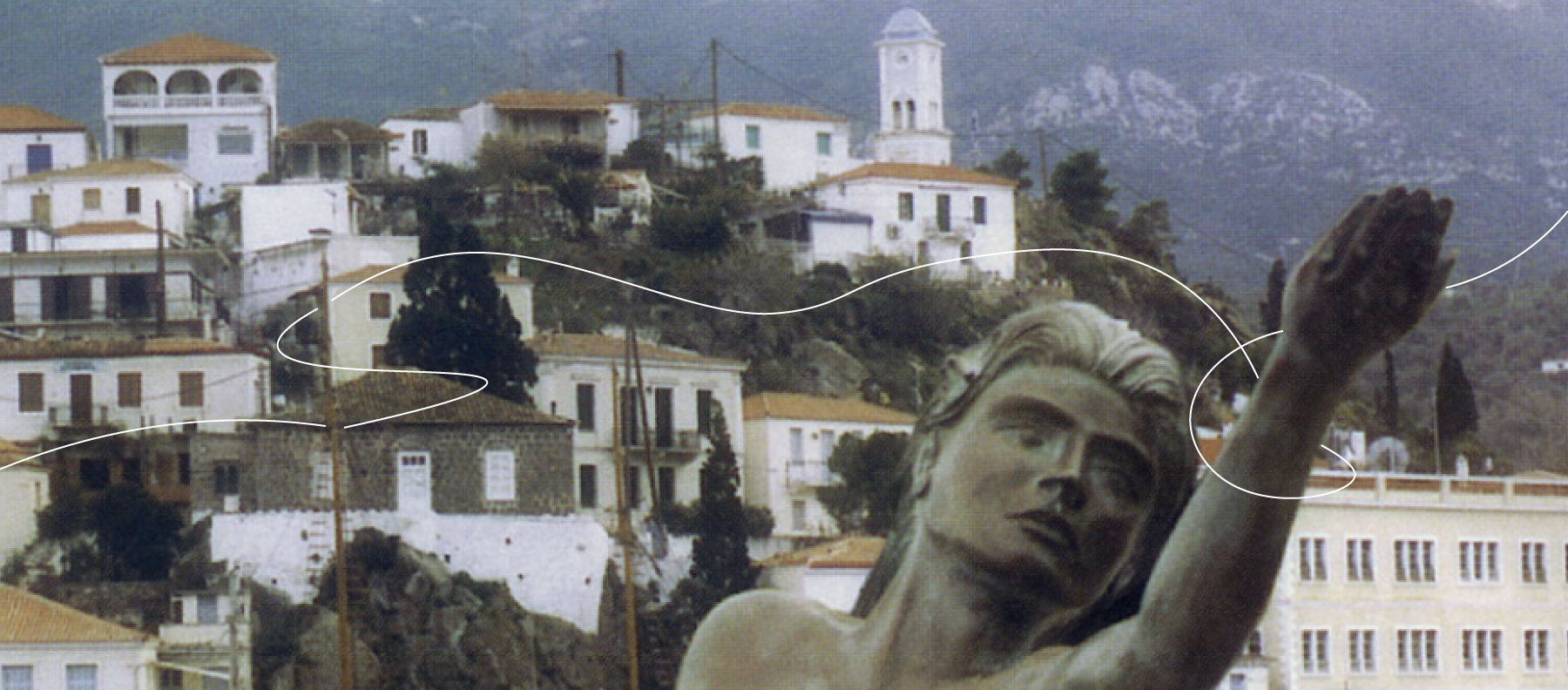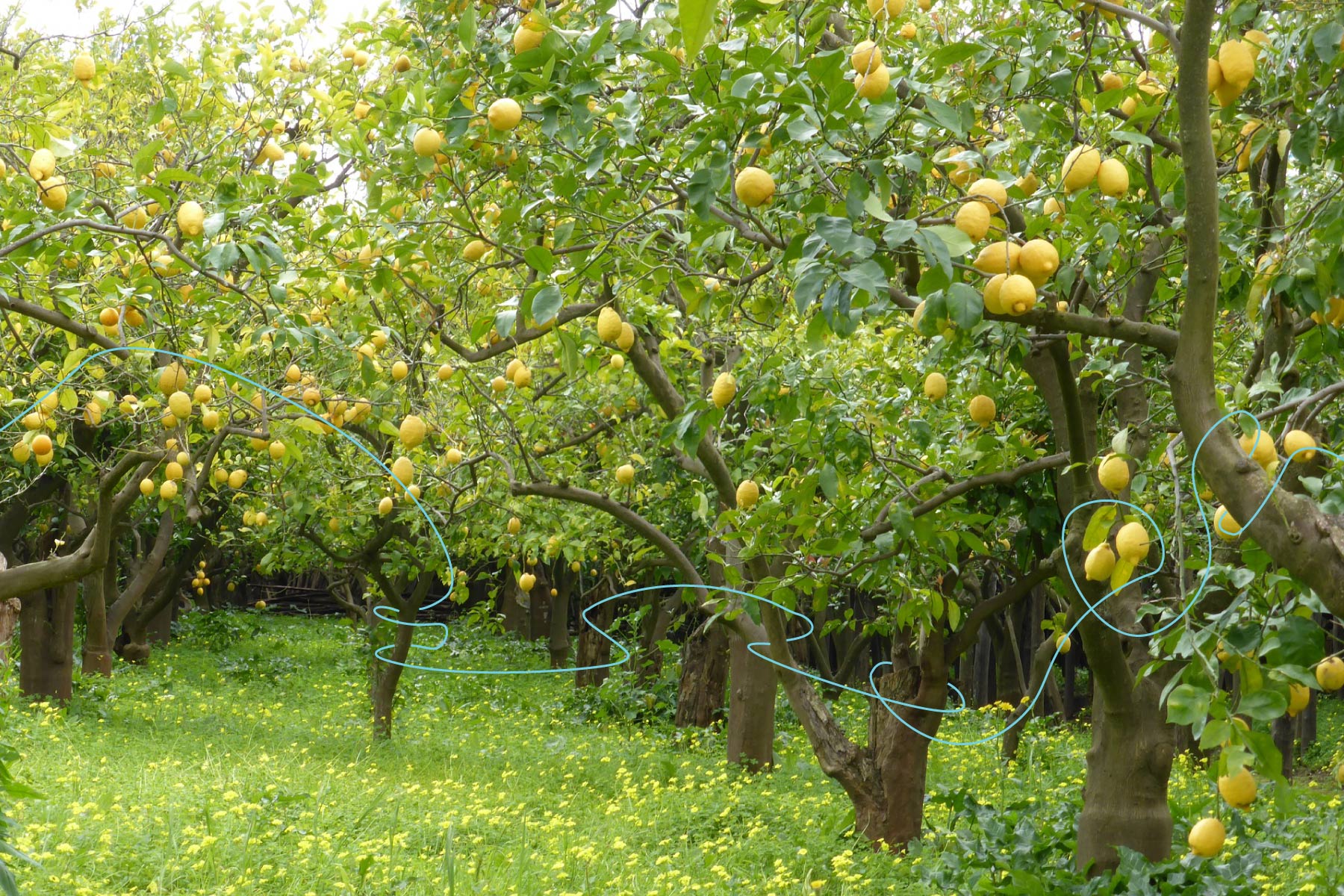
The organization which fights for the revitalization of Lemonodasos
One of the most famous, all over Greece and beyond, places of our area is Lemonodasos. A large area of pieces of land with lemon trees, with a long history and many famous and anonymous visitors. UNESCO has declared it a landscape of natural beauty and is protected by the European Ramsar Treaty. Source of inspiration of the homonymous novel by Kosmas Politis and important productive area in the past, it is now largely withering. Katheti, knowing the importance of the area, wanted to highlight the Local Land Reclamation Organization (LLRO) of Lemonodasos. The organization which fights for the revitalization of Lemonodasos and has a very important work to show.

“It must not be disdained”

Tasos Gerasimou, president of the organization, tells us: “The issue with Lemonodasos is not about the value of the product, because no one lives on 1000 m2 of lemon trees, but about the value of the area. It must not be disdained.”
The main life source of Lemonodasos is the water reserves, which have decreased significantly in recent years. LLRO, the organization which fights for the revitalization of Lemonodasos, knows that it depends directly on the water. For this reason, its work today focuses on rational water management.


Tasos Gerasimou tells us: “Until 20 years ago, there were many springs and their water was collected in cisterns and led through concrete ditches to the producers’ pieces of land. In recent years, drillings have been opened, since the springs have dried up, but the irrigation with the ditches continued until 2014.”
The work of the organization
The Lemonodasos LLRO is one of the first in Greece, founded in 1938.
In 2014, the organization launched a major project to address the problems caused by water shortages. They installed hoses and maintain the network, in order to reduce water loss and waste. Today, 115 pieces of land are irrigated by two drillings, some of them with irrigators, who lead the water through pipes from tree to tree, and a 30% of the whole area is irrigated with injectors. They lengthened the drilling pipes, because the water level in the aquifer has dropped 12 meters in the last two years due to the drought. They regulate water, reducing the supply to each tree and shortening the watering cycle. That means less water wasted and more waterings.

Thanks to LLRO’s work, over the last eight years the water abstraction has been reduced by 40% and the cost of electricity consumption by 60%.

Also, there is a collaboration between the organization and the Association of Friends of Lemonodasos and they jointly promote their common issues, such as the drilling equipment supply from the Prefecture and the provision of hydrometers.
Tasos Gerasimou says: “Slowly, with method and patience, we changed the old water supply system and now there will be a fairer one, through hydrometers.” The revitalization of Lemonodasos is now possible.

“We must make sure to keep Lemonodasos green”
This is LLRO’s vision for the future. As well as: “For every owner to join the organization, if possible, to resume watering and cleaning their orchards.” This is what Tassos Gerasimou seeks and continues: “We urge young people to tend to their land a little more. And that happens. In recent years, about 800 trees have been planted. Generally, though, they move away, they do not want to get involved. But if they are not involved in the activities of the LLRO, Lemonodasos will cease to exist.”

He expresses the opinion that a solution can be found even for the waterfall, which no longer exists, provided that the owners are willing. In particular, one feasible solution is to collect the water a little lower in a tank and operate a recycling system. As he tells us, it is a small technical project, which can be done if the owners are willing.
“Slowly, with method and patience…”
…Lemonodasos can become again an attraction, a nucleus of life and a source of inspiration. A vision promoted by the LLRO and Katheti, which pushes for a development for the area that will not exhaust it and can coexist with sustainable tourism activities.
Source of photos: porosnews.gr
